EU "ready to accept Western Balkan states before 2024"
EU Commissioner Johannes Hahn has said that it was "not unrealistic" that Western Balkan states could be absorbed into the EU before 2024.
Wednesday, 14.06.2017.
12:09
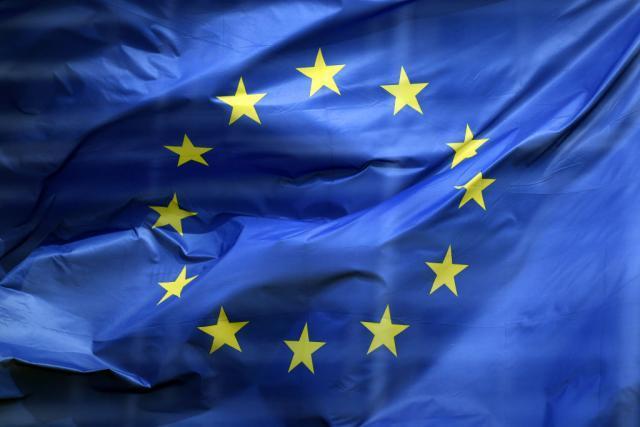
EU "ready to accept Western Balkan states before 2024"
Ever since the breakup of Yugoslavia began in June 1991, when member states Croatia and Slovenia declared independence from the confederation, the EU has been eyeing the region lustily, seeking to integrate the fallen country's constituent states as members within its own folds, Sputnik writes, and continues:Slovenia was the first to join in 2004, but it was only in 2005 the six other successor countries were formally recognized as candidates for membership — and it took until July 2013 for Croatia to become a fully-fledged member state.
Montenegro and Serbia have been negotiating since 2012 or 2014, Bosnia-Herzegovina has applied for membership, Macedonia is considered to be a formal candidate. In the case of each country, different factors have served as an obstacle to accession.
Serbia
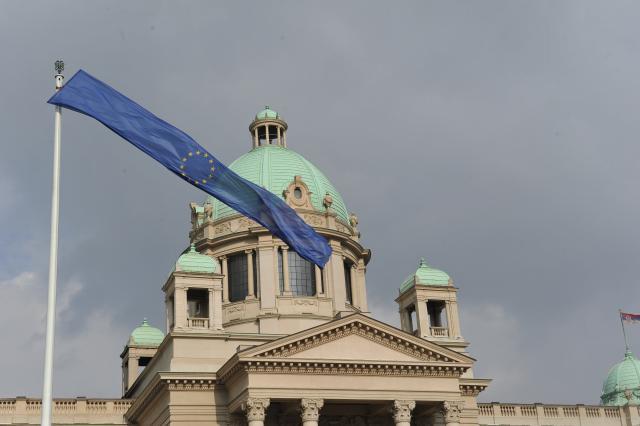
While not formally acknowledged, a major sticking point for EU leaders is Serbia's refusal to adhere to the officially mandated lines on Russia. The two countries enjoy a warm relationship, and Serbia has made clear it would never implement or accept anti-Russian sanctions, or change its policy of military neutrality and join a military alliance such as NATO, or the planned future EU Army.
Despite Hahn's avowed willingness to look past other bones of contention with Western Balkan states as part of the bloc's enlargement push, independence on the question of Russian relations may be too bitter and vast a pill for EU leaders to swallow.
Kosovo
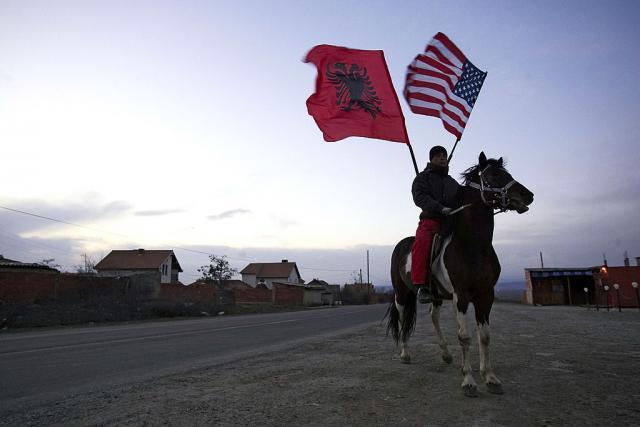
Moreover, EU leaders are concerned about hostilities directed at Kosovo's Serbian minority population - around 50,000, mainly clustered in the North. While Kosovo and Serbia alike have a formal policy of not impeding the other's EU membership bids, and Kosovo's government has granted a degree of autonomy to Serb-majority areas in the country, many frontline politicians are unhappy about the concession, and actively pledge to reverse it. For instance, Ramush Haradinaj, former field commander of the Kosovo Liberation Army and current leader of the Alliance for the Future of Kosovo party has said if his party prevails, there will be no place neither for Serbia nor for Serb municipalities in Kosovo.
Moreover, a 2013 EU investigation into the country's progress on reforms concluded not enough had been done to tackle human trafficking, or crack down on criminal gangs responsible for the smuggling of illicit drugs and weapons.
Former Yugoslav Republic of Macedonia
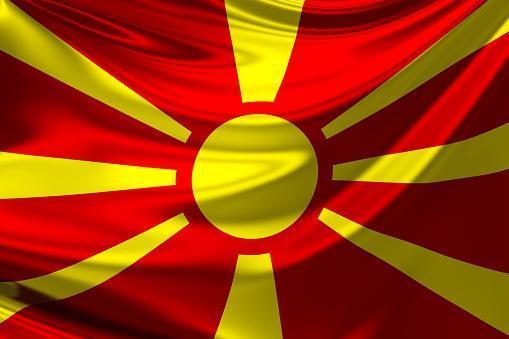
While the EU has said the country has made "convincing progress" on police reform, tackling corruption and bolstering human rights, arguments over the country's nomenclature have served to impede the country's bids for EU and NATO membership for two decades. Hahn specifically referenced the issue when discussing Western Balkan accession, saying "new momentum" had been injected into the dispute, and if progress was made on the issue by Autumn, the EU would open accession talks.
Bosnia and Herzegovina
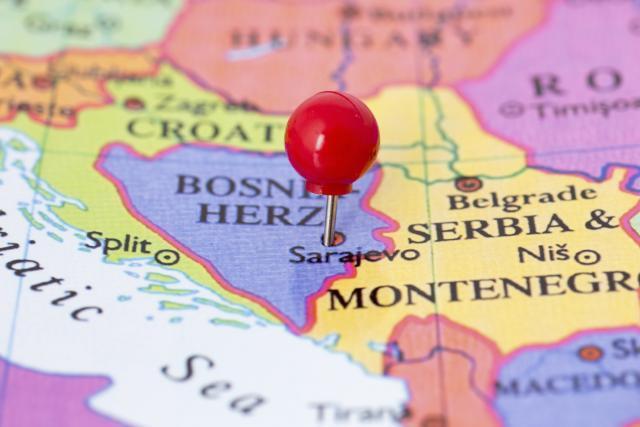
An EU peacekeeping force remains posted in the region, largely to protect resident Serbs from attack. The EU's official line is Bosnia remains blighted by an "unstable political climate" and ethnic divisions. Still, Hahn's comments suggest the Commission may be willing to look past these major issues in their quest to swallow the region.

























































Komentari 6
Pogledaj komentare